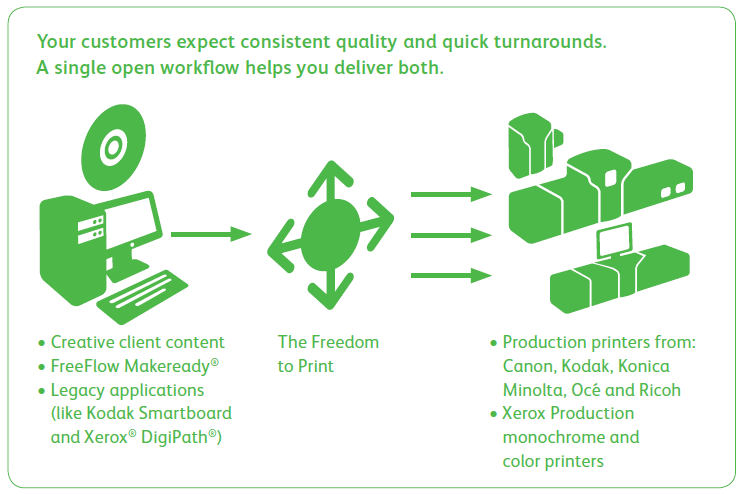As the end of the year approaches, many companies are taking stock of their business and looking for ways to grow their business. If this is on your mind too, then you may be interested in a webinar on December 13th offering seven ideas you can implement immediately. I will be part of a panel with two other industry experts and each of us will discuss two ideas. My first topic is that operational excellence is no longer an option.
The idea behind this came during a recent interview Mark Michelson, the Editor-in-Chief at Printing Impressions. During the interview, Mark asked about trends in the industry which prompted a conversation about a decline in operational excellence compared to the focus of profit leaders. Most companies consider themselves as leaders, but according to research from Andy Paparozzi, chief economist at Idealliance, only about one out of ten companies are leaders.
There many reasons why companies believe they are leaders; one mentioned in the video is that they have someone on staff who can fix problems when they occur. Investments in hardware and software is another reason companies consider themselves leaders. But the truth of the matter is that fixing problems and investing in new technology is not what determines operational excellence. In fact, leading companies often don’t have to fix problems because they avoid them and don’t have to invest in as much technology. Their culture of measurements and improvements insures good quality.
Ironically, a lack of attention to operational efficiency is not new. After the great recession, companies cut staffing levels and have been slow to rehire. When we ask companies about their improvement efforts, we hear that they don’t have the time, people, expertise, or financial resources to devote to increasing productivity.
The reason this is ironic is because this is the exact opposite of what the market is demanding. Pricing pressure is continuing to increase, especially for a growing group of applications that are considered commodities. The only way to meet that demand is to streamline and automate workflows to eliminate time and touches which results in the competitive costs per product.
While many companies complain that they cannot afford the time and effort required to achieve operational excellence, market demand is proving to companies that they can’t afford NOT to focus on operational excellence. If you’re interested in hearing more, join Gina Testa, Jeanette McMurty, Joe Rickard and me for this 12/13 webinar: https://www.xerox.com/en-us/digital-printing/insights/printing-business-ideas.



